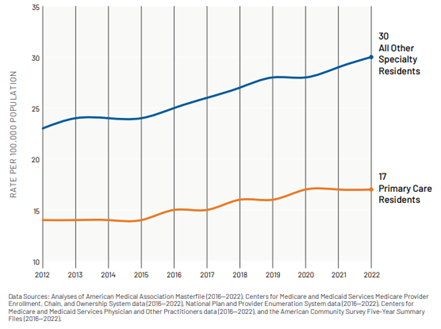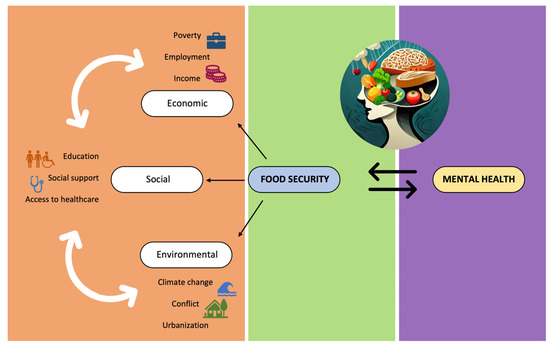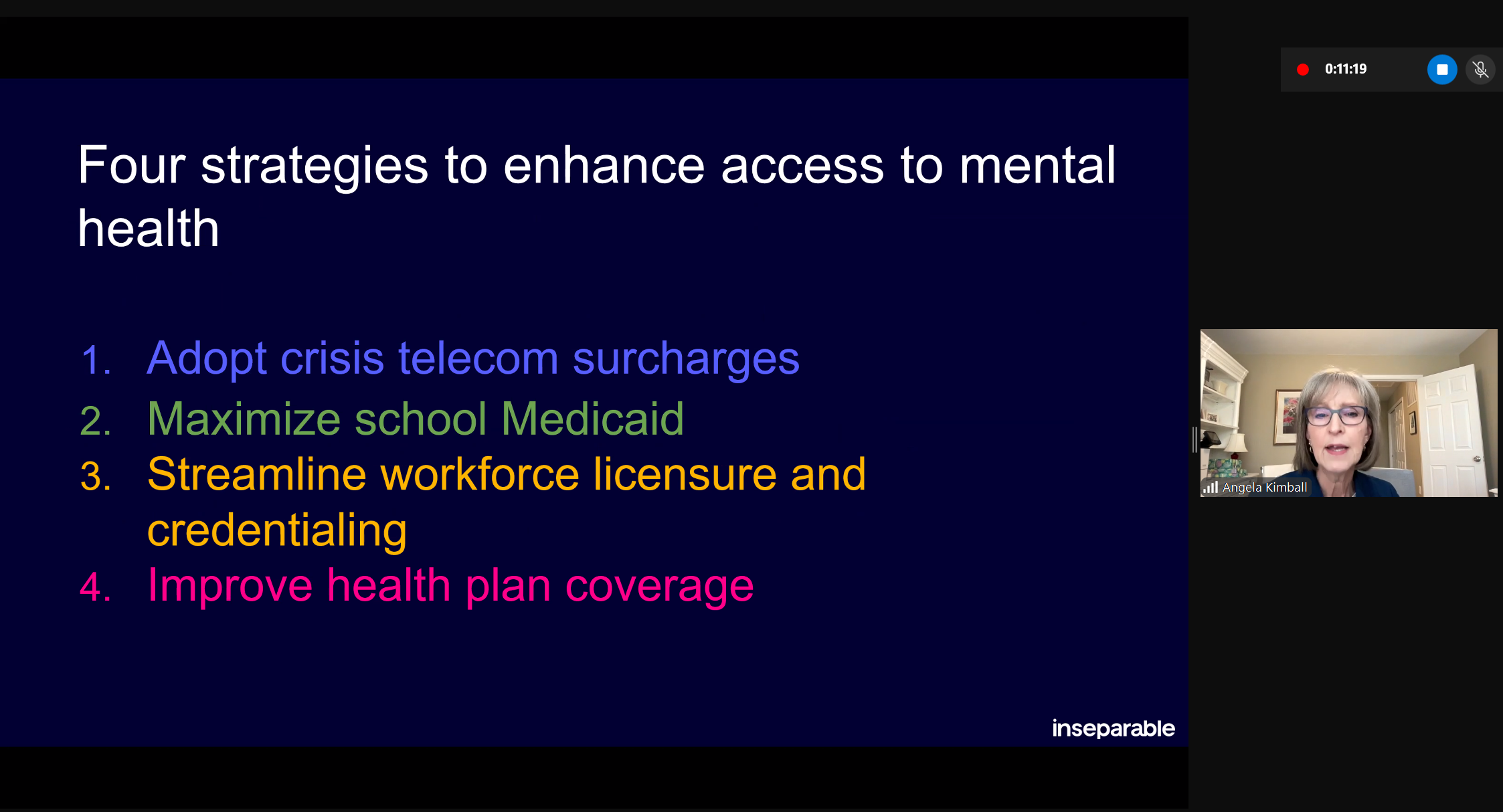The Honorable Mitch McConnell
Majority Leader, United States Senate
U.S. Capitol Building, Room S-230
Washington, DC 20510
The Honorable Chuck Schumer
Minority Leader, United States Senate
U.S. Capitol Building, Room S-224
Washington, DC 20510
The Honorable Nancy Pelosi
Speaker of the House, United States House of Representatives
U.S. Capitol Building
Washington, DC 20515
The Honorable Kevin McCarthy
Minority Leader, United States House of Representatives
U.S. Capitol Building
Washington, DC 20515
Dear Majority Leader McConnell, Minority Leader Schumer, Speaker Pelosi, and Minority Leader McCarthy:
As governors, we prioritize the health and welfare of our citizens above all other considerations. In response to the crisis and to ensure the safety of our citizens, we closed non-essential businesses, limited large gatherings, and implemented stay-at-home orders. We did not make these decisions lightly. As a result, our national and local economies are in dire straits and have resulted in the most dramatic contraction of the U.S. economy since World War II. Many states are already reporting precipitous declines in revenues that fund state services in health care, education, public safety, transportation, and other vital programs. States and local governments need robust support from the federal government as we navigate the response to this pandemic and to help foster the economic recovery that is ahead.
State Stabilization
The federal-state partnership is the lynchpin to responding and recovering from the novel coronavirus (COVID-19). Congress must appropriate an additional $500 billion, specifically for states and territories, in direct federal aid that allows for replacement of lost revenue. These continuing losses will force states and territories not only to make drastic cuts to the programs we depend on to provide economic security, educational opportunities, and public safety, but the national economic recovery will be dramatically hampered.
While the three supplemental spending laws passed in March have provided relief to the states, none contained direct funding to offset drastic state revenue shortfalls. Unlike the federal government, states cannot borrow to fund continuing operations. We also ask that Congress retroactively amend the CARES Act to ensure flexibility to allow for lost revenue in Treasury Department funds necessary for state governments to function.
FMAP
COVID-19 is both a public health and economic emergency. As noted in our previous supplemental request letter, governors continue to seek a temporary increase in Federal Medical Assistance Percentages (FMAP) from 6.2 percent to 12 percent, to help address the needs of Americans who have lost their jobs and employer-sponsored health insurance due to COVID-19. This increase should apply to states and territories that expanded Medicaid.
The temporary 6.2 percent FMAP increase in the Families First Coronavirus Response Act (Pub. L. 116-127), is half of the average 12 percent FMAP increase states received from the 2009 Recovery Act. Governors request that the 12 percent FMAP be retroactive to Jan. 1, 2020, and remain until Sept. 30, 2021, regardless of unemployment conditions. After Sept. 30, 2021, the 12 percent FMAP increase should not be reduced until the national unemployment rate falls below 5 percent. Governors also request additional FMAP increases be determined based on the increase in a state’s unemployment rate.
Additionally, governors continue to urge that the Medicaid Fiscal Accountability Rule be rescinded. We believe this rule will lead to unintended consequences that would negatively impact Medicaid beneficiaries across the country.
PPE and Testing
Governors call on the federal government to improve transparency and access to personal protective equipment (PPE) and medical supplies – such as test kits, ventilators, and related supplies. States and territories are still struggling with accessing the needed PPE and medical supplies, with no clear explanation as to how supplies are being distributed. We urge Congress to immediately create a federal centralized structure to ensure the transparency, accountability, and coordinated means of allocating PPE and critical medical supplies, including increasing the Strategic National Stockpile needs. In addition, we urge the creation of a “Manhattan Project” to speed the development and plan for distribution of a vaccine, once one is created. We must ensure that allocations are being based on health and scientific data to understand where the need is the greatest.
Additionally, before governors consider relaxing social distancing measures to protect against reoccurrence of COVID-19 cases, states will need to significantly expand diagnostic and antibody testing capacity which includes an essential public health infrastructure to support contact tracing, surveillance, epidemiology, laboratory capacity, workforce, and community partnerships. Congress must provide flexible long-term and emergency supplemental funding to support states in establishing the infrastructure needed to successfully implement population-wide testing and follow-up, a critical component to economic recovery across the states.
Unemployment Insurance
A record 22 million Americans have applied for unemployment in the past three weeks. Governors are requesting the federal government to authorize grants and/or complete loan forgiveness to replenish depleted state unemployment trust funds; fund technological improvements and staffing capacity increases for state unemployment agencies; and provide grants for states to reimburse section 501(c)(3) organizations, government agencies and Indian tribes for the full amount they pay for unemployment benefits. States should be granted flexibility to retroactively apply grants to all unemployment benefit reimbursements made to these organizations since the beginning of the pandemic.
Social Services
As the crisis has devastated our state budgets and local economies, the impact on families experiencing poverty and food insecurity is great. Congress must include a temporary 15 percent increase to the Supplemental Nutrition Assistance Program (SNAP) maximum allotment, relax work requirements and provide states with additional funding for administrative costs to better respond to the increased need. This will better equip Americans to feed their families during the crisis and in the economic recovery that will follow.
Congress must also increase the Temporary Assistance to Needy Families (TANF) funding for cash assistance and non-recurrent short-term benefits while relaxing work requirements and time limits as well as increasing funding for the Social Services Block Grant.
Education for Students and Workforce
The nation has found itself exposed by the COVID-19 pandemic through both the inequity and lack of tools available to students and workforce. Governors propose to address these disparities experienced by students by expanding funding and increasing the percentage of the Governors’ Emergency Education Relief Fund. These funds are used to address emerging learning gaps as well as the precipitous decline in student and state revenues that will result in less funding for childcare, K12 and higher education. Equally important is the need to assist the unemployed by preparing them to re-enter the workforce. Governors are requesting grants to fund workforce re-training, apprenticeships, employer services, and career and technical education.
Small Businesses
Governors are concerned about the financial health of small businesses and manufacturers – especially the smallest of companies and nonprofits – and are requesting that Congress continues to prioritize essential funding for the Paycheck Protection Program and the Economic Injury Disaster Loan program at the Small Business Administration. These programs should grant broad eligibility and allow for extended timelines for the business community to meet the appropriate requirements for assistance.
Cost Share
Earlier this month, governors formally requested a 100 percent federal cost share for emergency work, including Direct Federal Assistance under the Federal Emergency Management Agency (FEMA), under the President’s Emergency Declaration and any subsequent Major Disaster Declaration. Without action from the Administration, states and localities will be forced to carry the fiscal burden of the 25 percent nonfederal cost share.
As noted in our letter to the President, this crisis is unlike any other and warrants the full support of the federal government. We believe that where feasible, Congress should provide legislative relief from federal cost share requirements to include those under FEMA. Other examples include but are not limited to Election Assistance Commission grants and the Emergency Food Assistance Program. As done under past catastrophic disasters, decisive action through legislation will provide the certainty states need in this unprecedented situation.
We also believe it is important to incorporate pandemics into the Stafford Act to ensure broad types of assistance are immediately available in order to effectively combat future outbreaks.
National Guard
We appreciate the Administration’s willingness to work with us to utilize Title 32 in response to COVID-19. However, the current piecemeal process, based off arbitrary requirements not linked to the mission reality, has been too slow, cumbersome, and bureaucratic, ultimately putting our guard members on the front lines at risk.
For several years, governors have highlighted the lack of a defined authority and process for requesting and activating our National Guard to Title 32. The absence of such a process and authority has been extremely apparent in response to COVID-19.
We ask that Congress modify Title 32 502(f) to provide a more effective and rapid activation of the National Guard that meets the response needs associated with catastrophic disasters, pandemics, and during times of national crisis. Additionally, we ask that Congress include increased funding for Title 32 operations via National Guard personnel and operations and maintenance accounts, as well as considering the use of hazardous duty incentive pay for all COVID-19 related missions.
Infrastructure
Flexible federal funding must be provided to fill immediate budgetary gaps caused by critical revenue losses for our essential utilities, highways, transit system, and other revenue generating public authorities. As the nation is entering into one of the most significant economic downturns of the last century at an unprecedented pace, an aggressive infrastructure plan is essential to both near-term supply chain needs and long-term economic stimulus. This should include large scale investments in our nation’s traditional infrastructure systems, including not only roads, bridges, transit, and aviation systems, but also substantial investment in our energy, water, broadband, and cybersecurity infrastructure. Infrastructure stabilization and investment will improve our long-term economic recovery and support recovery from a pandemic recession by putting people back to work.
The nation’s governors recommend and respectfully request these actions from the federal government to protect public health and restore economic prosperity.
Sincerely,
Governor Larry Hogan
Chair, National Governors Association
Governor Andrew Cuomo
Vice Chair, National Governors Association












